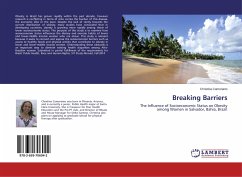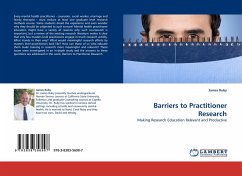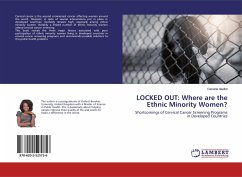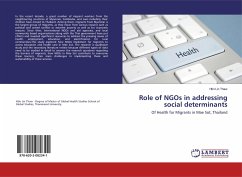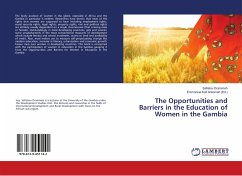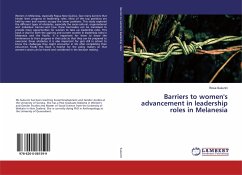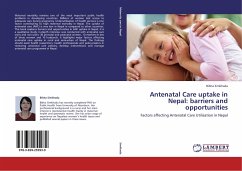Obesity in Brazil has grown rapidly within the past decade, however research is conflicting in terms of who carries the burden of this disease- the economic elite or the poor. Despite the lack of clarity towards the current distribution of obesity, many studies have concluded that in developing countries, obesity is growing more rapidly among those of lower socioeconomic status. The purpose of this study is to examine how socioeconomic status influences the dietary and exercise habits of lower and lower-middle income women who are obese. This study is relevant because it seeks to connect and expose the socioeconomic barriers such as access to healthy foods and physical activity that contribute to obesity in lower and lower-middle income women. Understanding these obstacles is an important step to diminish existing health disparities among Afro-Brazilian women. Submitted in partial fulfillment of the requirements for Brazil: Public Health, Race and Human Rights, SIT Study Abroad, Fall 2014
Bitte wählen Sie Ihr Anliegen aus.
Rechnungen
Retourenschein anfordern
Bestellstatus
Storno

